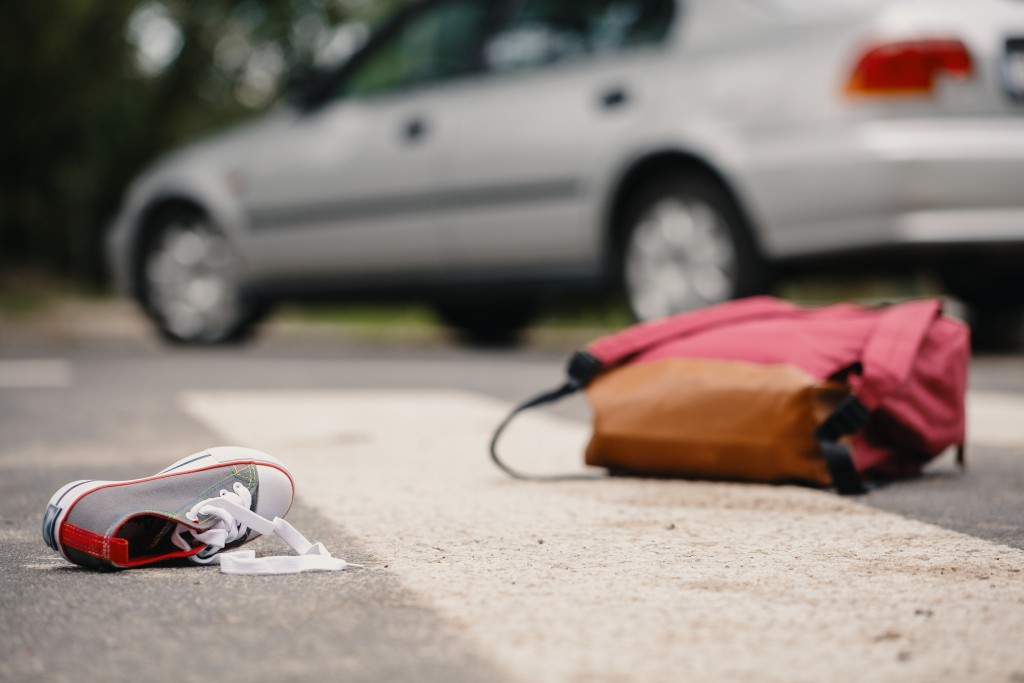Getting into an accident with a food or parcel delivery rider can be a tricky situation. If they’re at fault, their employers will be assumed liable, but that depends on certain factors. However, many delivery people, specifically in Australia, complain about having uncertain insurance coverage. This exacerbates their existing problems with their jobs, such as a low salary and constant pressure to work in poor conditions.
Delivery riders are taken on as contractors, not employees. As such, they receive little to no training. They work the hardest during harsh weather when demand for delivery is the highest.
Riders in Singapore have the same lament. As Singaporeans grow more dependent on food deliveries, more riders have been getting into accidents since 2016.
Considering that delivery riders are usually low-income earners, accidents are a heavier burden to them than to other motorists. If they’re not getting enough insurance coverage, then how do they receive treatment?
Storms Mean Extended Shifts
We normally postpone our driving plans during a storm, but food delivery riders are not given such liberty. On the contrary, they’re urged to extend their shifts, because people tend to demand food on their doorsteps the most during bad weather.
A former rider from Foodora and Ubereats Australia revealed that the dispatch manager from Foodora would even ask their riders to stay out longer on a rainy night. The order would be accompanied by a “Stay safe” text, but since that would be at odds with delivering orders on a rainy night, the message would ultimately mean nothing.
Fortunately, though, Foodora has changed their policies and no longer allowed the shifts their former rider had dealt with. Riders can now be asked to be clocked off, but they usually won’t, for fear of being looked down upon.
Therefore, even if the company has become more lenient and understanding, the pressure on the riders remains unchanged. So instead of sending off their riders on a rainy night with only a “stay safe” reminder, the company now issues warnings. If their rider gets injured on the job, Foodora will address the situation with care and comply with the appropriate work cover.
Impatient Customers Add to the Riders’ Pressure
In Singapore, nine out of ten riders reported to experience accidents or knew of fellow riders who had experienced accidents since they started working in the industry. The main reasons behind their accidents were the rush to complete orders and motorists and pedestrians who were not alert.
On December 20, 2019, a 42-year-old GrabFood rider accidentally collided with an 800 Super Truck, causing his death. It was Singapore’s first reported fatal accident involving a food delivery rider that year.
The same night, another food delivery rider also had an accident; a Foodpanda rider fractured his left arm as a result of crashing into a drunk driver in Petir Road, Bukit Panjang.
Like Australian delivery riders, Singaporean deliverers are also pressured to complete orders fast. They often work long and odd hours, causing them fatigue, which gets aggravated by impatient customers pestering them to arrive fast.

Delivery companies seem to have contributed to the pressure, too. Aside from giving their riders hectic schedules, some delivery apps also offer them incentives for taking more orders. Naturally, riders short on cash will take advantage of this opportunity, despite the potential cost of it being their safety.
On a positive note, Foodpanda, Deliveroo, Ubereats, and Grabfood all have road safety courses and programs for their riders. Foodora, meanwhile, requires their riders to take a road safety quiz and contractually obliges them to take more advanced tests upon request. Hence, their riders are most likely skilled drivers, albeit constantly stressed, fatigued, and discontented.
What to Do When You Crash into a Delivery Rider
If a rider hits your car, your first response is to either assess the damage or chide the rider. But if the rider gets injured, it’s best to set aside your ego, because they just got themselves into a tricky situation.
It’s difficult for riders to figure out what form of insurance they have. Many don’t even know what happens if they get hurt on the job. If they have a personal liability car insurance coverage, then you may send a notice to their provider and to their employer’s business insurer. But if the rider is uninsured, or have only a little coverage, then you might have to call your attorney to ask for their advice.
Generally speaking, employees are entitled to worker’s compensation when they get hurt on the job. But in the case of contractors, which what riders are considered, only insurance can provide them financial aid. Their insurance should cover personal injury, from whiplash injuries to fractures. It should also cover public liability and earnings lost while recovering.
Following our awareness of the struggles of riders, let’s be more compassionate and considerate of them from now on. Let’s treat them with more respect, and be more concerned for their safety rather than the food or item they’re meant to bring to us.

